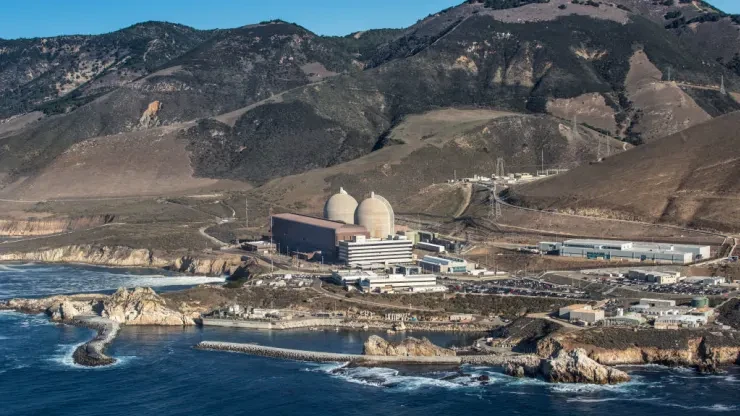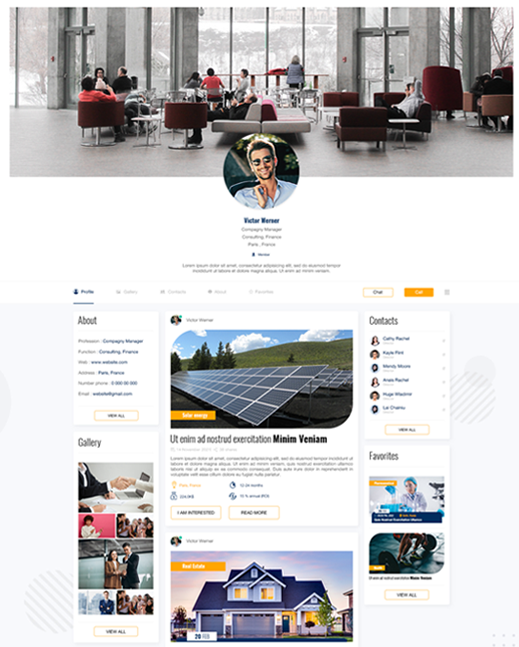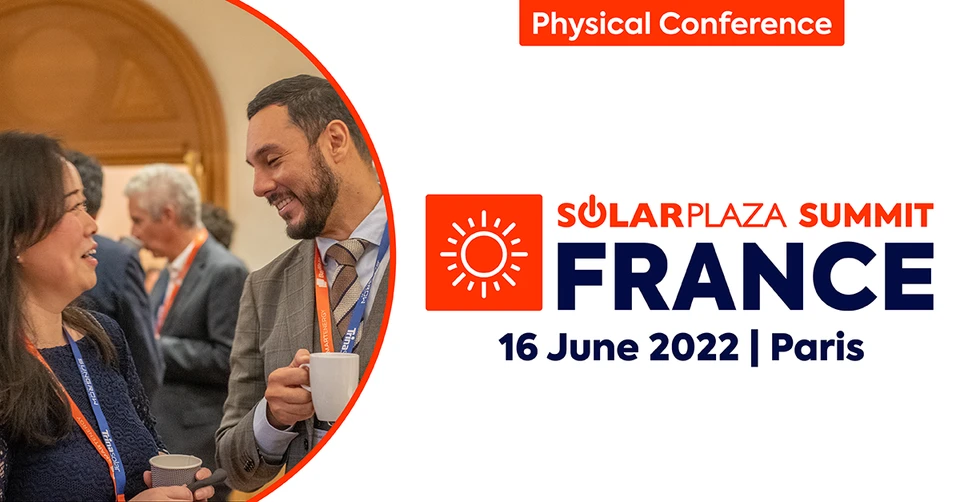News & Views

After humankind discovered nuclear fission, the first applied use was the atomic bomb. The study of fission for electricity production came later.
In December 1953, President Dwight D. Eisenhower gave his fateful Atoms for Peace speech, an impassioned plea to reconstitute the power of the atomic bombs dropped in World War II for a more noble cause.
“Against the dark background of the atomic bomb, the United States does not wish merely to present strength, but also the desire and the hope for peace,” Eisenhower told the United Nations.
Almost 70 years later, the tension between those end uses still underlies the space today.
From the 1950s through the 1970s, the United States dramatically increased its nuclear energy generation.
But the Three Mile Island accident in 1979 and Chornobyl meltdown in 1986 changed the landscape, spurring fear that nuclear energy could not be controlled safely.
- Forty years after the partial meltdown at the Three Mile Island nuclear plant, John Garver can still recall the smell and a metallic taste in his mouth."It's time to shut it down," said Garver, a former salesman who was 40 years old when the accident occurred on March 28, 1979 and is now pushing 80."I was against it from the beginning," said Garver,
Since the 1980s, nuclear energy capacity and generation in the U.S. has largely stayed flat. Today, the country’s fleet of nuclear power reactors produces only 19% of the country’s electricity, according to the government’s Energy Information Administration.
In more recent times, the Fukushima Daiichi accident in Japan in 2011 — and earlier this year the capture of nuclear power plants in Ukraine by invading Russian forces — have added to public concerns.
But despite its fraught origin story and the psychological effect of high-profile accidents, nuclear energy is getting a second look.
That’s largely because nuclear energy is clean energy, releasing no greenhouse gasses. Meanwhile, the world is seeing more of the effects of climate change, including rising global temperatures, increased pollution, wildfires, and more intense and deadly storms.
“We need to change course — now — and end our senseless and suicidal war against nature,” Antonio Guterres, the secretary-general of the United Nations, said in Stockholm on Thursday.
“There is one thing that threatens all our progress. The climate crisis. Unless we act now, we will not have a livable planet,” Guterres said. “Scientists recently reported that there is a 50-50 chance that we could temporarily breach the Paris Agreement limit of 1.5 degrees Celsius in the next five years.”
How to join Oxentt ?
To join the exclusive Business Agency elite group does not require important financial contribution. It is, however, imperative that by joining all members adhere to its philosophy of ethics, respect and seriousness.
Any business owner from any country, investor, entrepreneur and corporate executives are welcome to join us.



